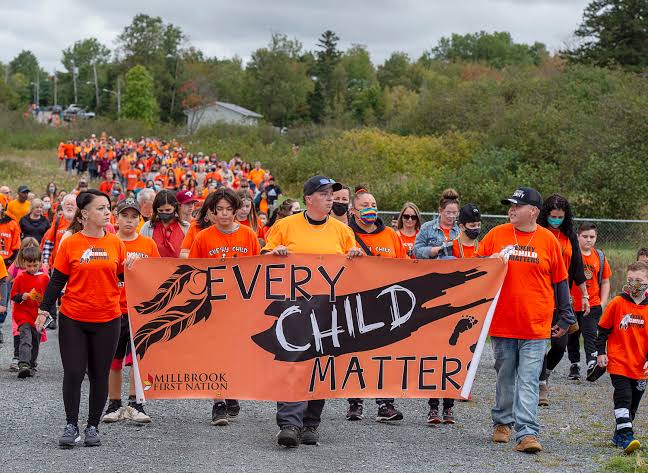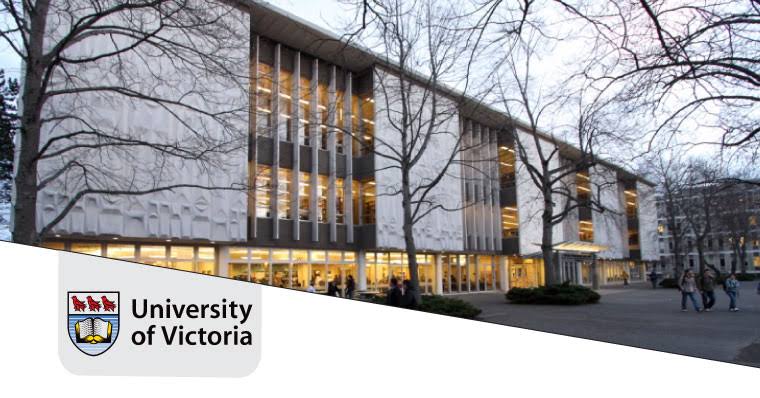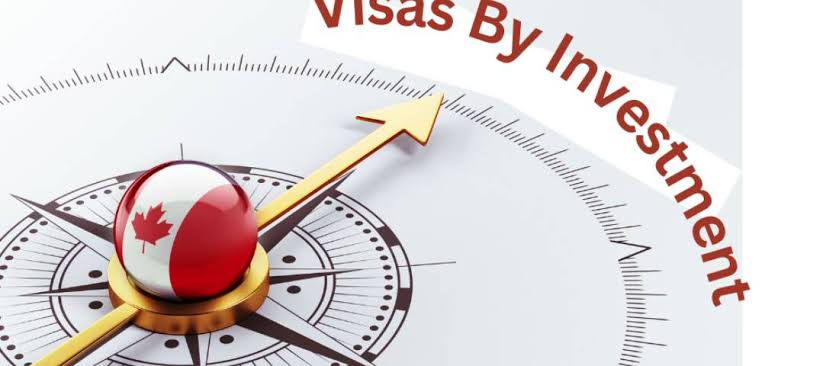Canada’s journey toward Indigenous reconciliation has involved reflection, challenges, and slow progress. Built on a history of colonialism, displacement, and loss of culture, the relationship between Canada and Indigenous peoples has faced deep unfairness. By July 2025, reconciliation is still a key focus in politics, education, health care, and public awareness. Although more work is needed, signs show that policies and public views are changing in important ways.
Reconciliation is not a one-time act or symbolic gesture—it is an ongoing process of truth-telling, healing, and systemic change. It involves acknowledging historical wrongs, empowering Indigenous voices, and transforming the foundations of government, education, and community development to reflect a commitment to justice and equality. The efforts made in recent years highlight Canada’s attempt to rebuild a respectful and enduring relationship with its First Nations, Inuit, and Métis peoples.
The Legacy of Residential Schools
One of the most painful chapters in Canada’s history is the legacy of residential schools. For more than a century, over 150,000 Indigenous children were forcibly removed from their families and placed in church-run institutions aimed at assimilation. Abuse, neglect, and cultural genocide were widespread. The trauma inflicted by this system continues to affect generations of Indigenous families.
The Truth and Reconciliation Commission (TRC), established in 2008, issued 94 Calls to Action in 2015, urging governments and institutions to acknowledge and address this dark history. As of 2025, approximately 30 of these calls have seen significant progress, though others remain stalled. Public awareness has grown, especially after the 2021 discovery of unmarked graves near former school sites, reigniting national discussions and accelerating community healing efforts.
Land Rights and Legal Recognition
Land is central to Indigenous identity and culture. Historically, much of Indigenous land was taken through force, deception, or legal manipulation. In recent years, Canada has taken steps to recognize Indigenous land rights and support self-determination. Landmark court rulings like the 2014 Tsilhqot’in Nation decision affirmed Indigenous land title, and negotiations for new treaties and land claims are ongoing across provinces.
The federal government has increased funding for land restitution and is working with Indigenous communities to manage and protect natural resources. In 2023, Canada launched the National Indigenous Land Back Strategy, aiming to return more public lands to Indigenous stewardship. As of July 2025, several key parcels have been returned in British Columbia, Quebec, and Ontario, demonstrating a tangible shift toward honouring Indigenous sovereignty.
Language Revitalization and Cultural Preservation
Language plays a critical role in preserving culture, identity, and worldviews. Due to decades of assimilationist policies, many Indigenous languages in Canada are endangered. In response, Canada passed the Indigenous Languages Act in 2019 to protect and revitalize Indigenous languages.
Since then, significant investments have been made in language programs, teacher training, and educational materials. As of 2025, over 150 Indigenous communities have received funding to implement local language initiatives. In schools and universities, Indigenous language courses are becoming more accessible, while digital tools and AI are being used to record, translate, and teach dialects previously at risk of extinction. Cultural preservation is no longer an afterthought—it is a national priority supported by legislation and technology.
Indigenous Health and Wellness
Health disparities between Indigenous and non-Indigenous Canadians remain a major concern. Higher rates of chronic illness, suicide, substance abuse, and inadequate access to healthcare have persisted for decades. COVID-19 further exposed these inequalities, particularly in remote and northern communities.
In recent years, Canada has expanded Indigenous-led health services and invested in culturally appropriate care. The 2021 release of the National Inuit Suicide Prevention Strategy and the subsequent creation of trauma-informed mental health centers were important milestones. In 2024, the Indigenous Health Equity Act was introduced, mandating federal and provincial cooperation in delivering quality health care tailored to Indigenous needs. By July 2025, mobile clinics, telehealth services, and land-based healing initiatives have improved health outcomes in several regions.
Education Reform and Indigenous Knowledge
Education is a powerful tool for reconciliation. For decades, Indigenous perspectives and histories were excluded from mainstream curricula, reinforcing colonial narratives. That has begun to change. Many school boards across Canada now incorporate Indigenous studies, history, and worldviews into their programs.
Post-secondary institutions have also expanded Indigenous-focused faculties and partnerships. The University of Victoria, for example, launched a fully accredited Indigenous law program, blending traditional legal systems with Canadian law. As of 2025, Canada’s education system is gradually integrating land-based learning, Indigenous science, and community-led curriculum development. This marks a fundamental shift from teaching about Indigenous peoples to teaching alongside them.
Economic Inclusion and Community Development
Indigenous communities have historically faced economic marginalization, with limited access to infrastructure, education, and employment. To close these gaps, Canada has launched a series of economic inclusion programs. Initiatives such as the Indigenous Growth Fund, created to support Indigenous entrepreneurs and businesses, are yielding results.
Renewable energy, ecotourism, and cultural industries are among the growing sectors led by Indigenous organizations. In 2025, the Indigenous Procurement Policy requires that at least five percent of federal contracts be awarded to Indigenous businesses. Infrastructure projects—ranging from broadband expansion in remote communities to clean water systems—are helping to close the digital and development divides, paving the way for more sustainable and independent economies.
Political Representation and Self-Governance
Self-governance is a cornerstone of reconciliation. Many Indigenous communities now manage their own schools, health systems, and local governments. Self-government agreements and modern treaties are enabling Indigenous nations to reclaim authority over internal affairs.
Canada’s political landscape is also shifting. The number of Indigenous representatives in Parliament continues to rise, and Indigenous leaders are increasingly shaping national discourse. The 2023 appointment of the first Indigenous Governor General was a landmark moment in Canadian history. As of 2025, there is growing momentum to include Indigenous governance models in national policy-making, reflecting a more inclusive and pluralistic vision of Canada’s future.
Challenges and the Road Ahead
Despite measurable progress, reconciliation in Canada is far from complete. Many communities still lack access to clean water, adequate housing, and basic services. Systemic racism persists in policing, health care, and justice. Funding gaps and jurisdictional disputes often stall implementation of well-intentioned policies.
Reconciliation is a long-term commitment requiring honesty, accountability, and sustained effort. It is not simply the responsibility of governments—it requires action from businesses, institutions, educators, and everyday Canadians. Continued pressure from Indigenous leaders and allies remains vital to ensuring that reconciliation efforts are not symbolic but transformative.
Final Thoughts
Canada’s Indigenous reconciliation efforts, as of July 2025, reflect a nation in transition. From education and land rights to healthcare and governance, there are promising signs of change. However, reconciliation is not a destination—it is an ongoing process that demands humility, courage, and collaboration.
For meaningful progress to continue, Canada must prioritize Indigenous voices in every area of national life. Real change will be measured not only by policies and funding but by relationships built on respect, recognition, and shared responsibility. Reconciliation, when rooted in action rather than rhetoric, offers a path toward a more just and united Canada.



